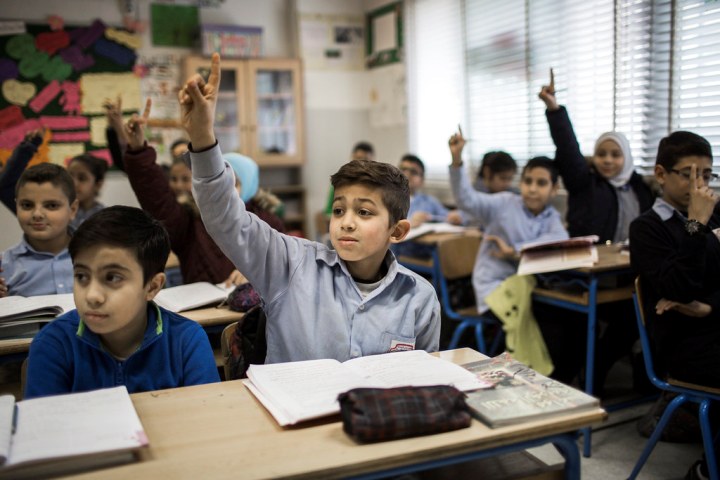Language-savvy parents likely to improve their children's reading development: Study

- Country:
- United States
Parents who have good reading-related knowledge are likely to improve reading development in their kids, suggests a recent study. The study published in the 'Journal of Research in Reading' reported that parents with higher reading-related knowledge are not only more likely to have children with higher reading scores but are also more attentive when those children read out loud to them.
The study included 70 sets of six and seven-year-old children and their parents. The children were administered reading tests and were then provided with reading material at a level just above their performance level. This extra difficulty was intentional, as it provided opportunities for the parents to step in and lend a hand. The parents were instructed to help their children as they normally would while their children read to them. The sessions were videotaped, transcribed and coded for evidence of parents' verbal and non-verbal feedback.
"We were interested in looking at two forms of feedback. The first was commenting on how the child was doing, the second was measuring how the parent responded when the child hesitated or made a mistake," said Aviva Segal, who co-wrote the paper. The results confirmed their beliefs that parents with higher reading-related knowledge offered more praise and less criticism to their children than parents with lower reading-related knowledge. They also found that parents with a better ear for language tried to explain the relations between graphemes (letters and letter patterns) and phonemes (the smallest sounds of spoken language) to their children more often.
"We found that reading-related knowledge in parents is associated with a good 'tag-team' of feedback. Parents with higher reading-related knowledge tend to give more praise, which sustains children throughout their learning, while at the same time they more often teach their children critical connections they need in order to read," Segal added. The learning was not all one-way, Segal noted. She said there were incidences when parents appeared to learn something about language while their children made mistakes reading to them.
"The parents sometimes seemed to have an 'aha!' moment, when they realised that their children were consistently stumbling on one particular obstacle. In essence, when they were able to make sense of some of the errors their children were making, parents noted their children's errors were the result of the language's trickiness and not the fault of the children," she reported "So, through these exchanges, parents might have been increasing their own reading-related knowledge based on what their children were displaying."
"Reading-related knowledge is an important tool that many schools of education gloss over. This can lead teachers to provide negative feedback and criticism, which can cause self-doubt in children and discourage them from taking risks," said Sandra Martin-Chang, Segal's supervisor.
(This story has not been edited by Devdiscourse staff and is auto-generated from a syndicated feed.)
- READ MORE ON:
- Parents
- Aviva Segal
- kids
- child
- parent
- Sandra MartinChang
- tagteam
- schools
- teachers
ALSO READ
Protecting Children: The Global Grok AI Scandal and Its Impact
Tragedy on South African Roads: Schoolchildren Among Victims
China's Birthrate Battle: From One-Child Policy to Incentive Schemes
Tragedy in Koti Colony: Charcoal Fumes Cause Child's Death
Delhi Police Busts Child Trafficking Ring, Rescues Three-Year-Old










